The Ultimate Guide to Choosing Glass for Your Shelves & Table Tops
When it comes to custom glass, one size definitely doesn’t fit all. The glass you choose for shelves or table tops determines not only how elegant it looks, but how safe, strong, and durable it will be over time. Whether you’re styling a minimalist living room, upgrading kitchen shelves, or designing an office desk, this complete guide from GlassHelp.co.uk will help you make the right decision — confidently and safely.
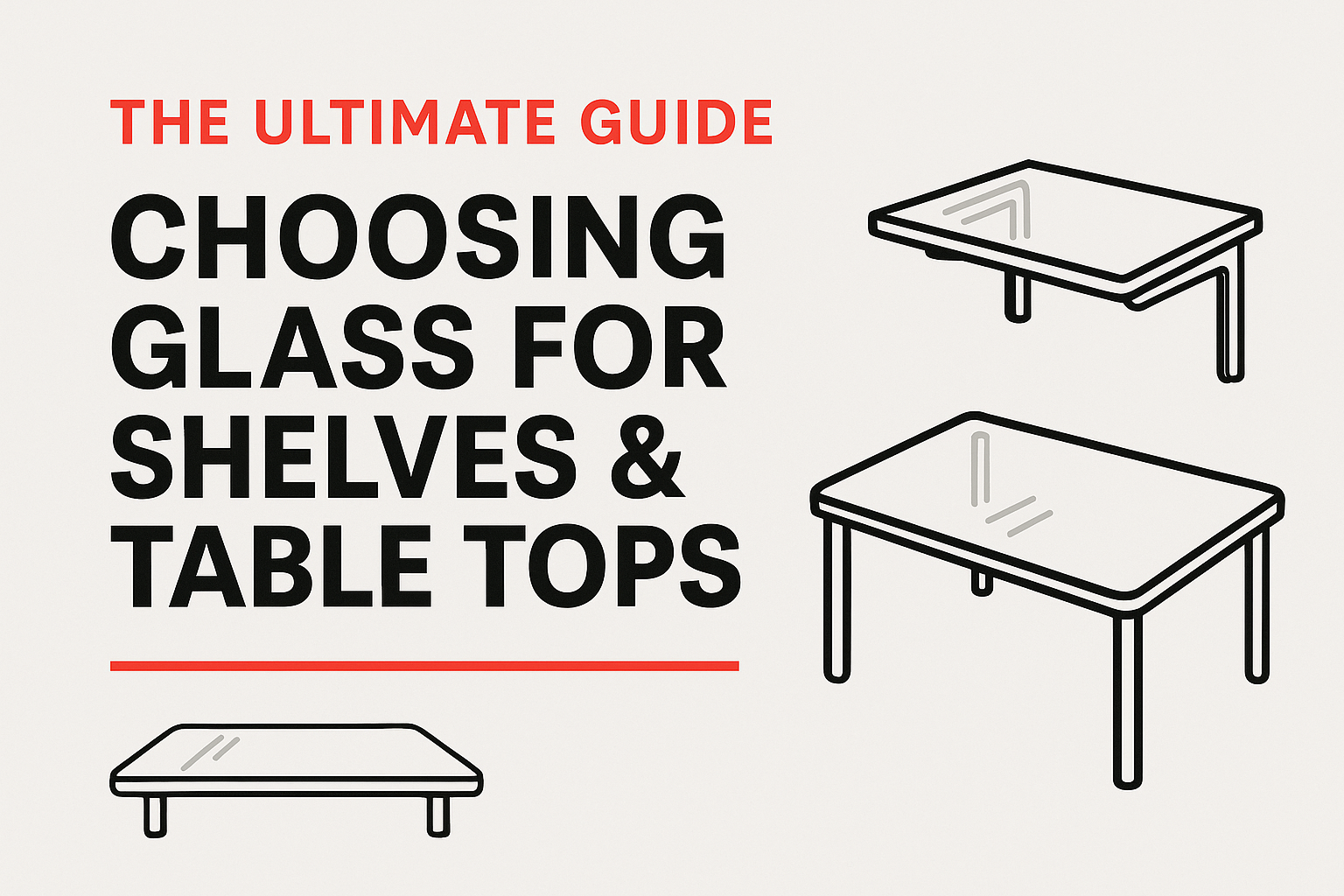
Why Glass Thickness Matters
Thickness directly affects a panel’s strength, rigidity, and safety. Too thin and it can flex or even crack; too thick and you may overspend unnecessarily. The key is balancing performance and price. In the UK, most domestic shelves use 6–10 mm toughened glass, while dining or coffee tables usually require 8–12 mm. The right thickness ensures your glass won’t bow under weight or stress, even after years of daily use.
Think of thickness as the “backbone” of your design — subtle but critical. Glass that’s just a few millimetres thicker can support double the load and provide much better impact resistance. If you’re unsure, it’s always best to go one size up rather than risk under-specification.
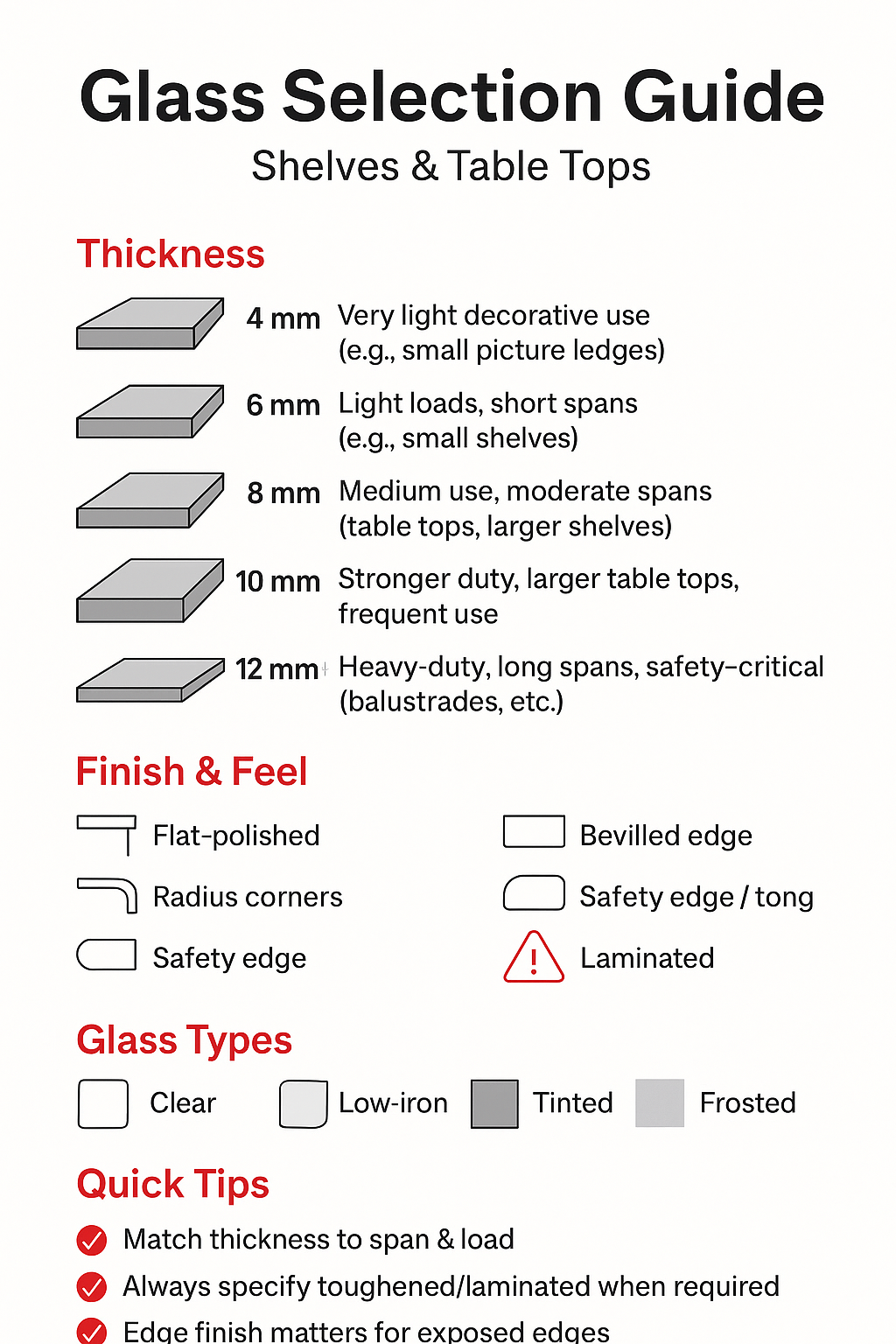
Recommended Thickness by Application
| Use Case | Suggested Thickness | Notes |
|---|---|---|
| Small Shelves (short spans) | 6 mm toughened | Light and affordable; ideal for short shelves under 600 mm span. |
| Medium Shelves (600–900 mm) | 8–10 mm toughened | Prevents sagging; offers higher weight capacity for décor or books. |
| Glass Table Tops (coffee/side tables) | 8–10 mm toughened | Balances visual lightness and strength for daily use. |
| Dining or Office Tables | 10–12 mm toughened | Feels solid under weight; ensures impact resistance for large surfaces. |
| Heavy or Long Spans | 12 mm+ laminated | Used in commercial or safety-critical installations. |
These guidelines follow UK industry standards (BS EN 12150 and BS EN 14449) for safety glazing and performance.
Types of Glass You Can Choose
Not all glass is created equal. Beyond clarity and color, each type brings a distinct advantage depending on your space and use.
- Clear Float: The standard, versatile choice — perfect for minimalist interiors.
- Low-Iron: Offers crystal clarity with reduced green tint, ideal for premium furniture.
- Tinted: Available in bronze, grey, or green shades — adds style and reduces glare.
- Frosted / Satin: Provides privacy while allowing natural light diffusion.
- Toughened (Tempered): Up to five times stronger than regular glass and breaks safely into small granules.
- Laminated: Combines two panes with an interlayer that holds fragments together if broken.
For shelves and table tops, toughened glass is the industry standard. Laminated glass is best for environments needing enhanced safety — such as family homes or public spaces.
Edge Finishes & Corners
The edges of your glass aren’t just decorative — they contribute to both safety and style. Choose from:
- Flat-Polished: Smooth, straight edges giving a clean, modern finish.
- Bevelled: Angled cut edges for a luxurious, decorative touch.
- Safety Edge (Arris): Corners slightly rounded off to prevent injury.
- Radius Corners: Rounded corners (5–25 mm radius) that blend seamlessly into modern interiors.
These details might seem small, but they elevate your furniture’s quality and ensure no sharp surfaces remain exposed — especially important for family homes or workplaces.
Safety & Compliance
All safety glass for domestic and commercial use in the UK should comply with BS EN 12150 (toughened) or BS EN 14449 (laminated) standards. Always confirm with your supplier that the glass is properly marked and processed. At Glass Help Ltd, every custom order follows these standards to ensure durability, safety, and precision fit.
Never use annealed (untoughened) glass for load-bearing applications. The extra cost of safety glass is minimal compared to the risk of breakage and injury.
Final Thoughts
Glass furniture brings timeless elegance, but quality and specification make all the difference. When ordering glass shelves or table tops, focus on three essentials: thickness, edge finish, and safety rating. With proper selection, your glass won’t just look beautiful — it will perform reliably for years.
Whether you need small floating shelves or a statement dining table top, you can design and order bespoke panels online at GlassHelp.co.uk. Every panel is cut to your size, finished to perfection, and delivered safely across the UK.
© 2025 Glass Help Ltd — All information is based on UK safety glazing standards. Always follow professional advice for load and installation requirements.

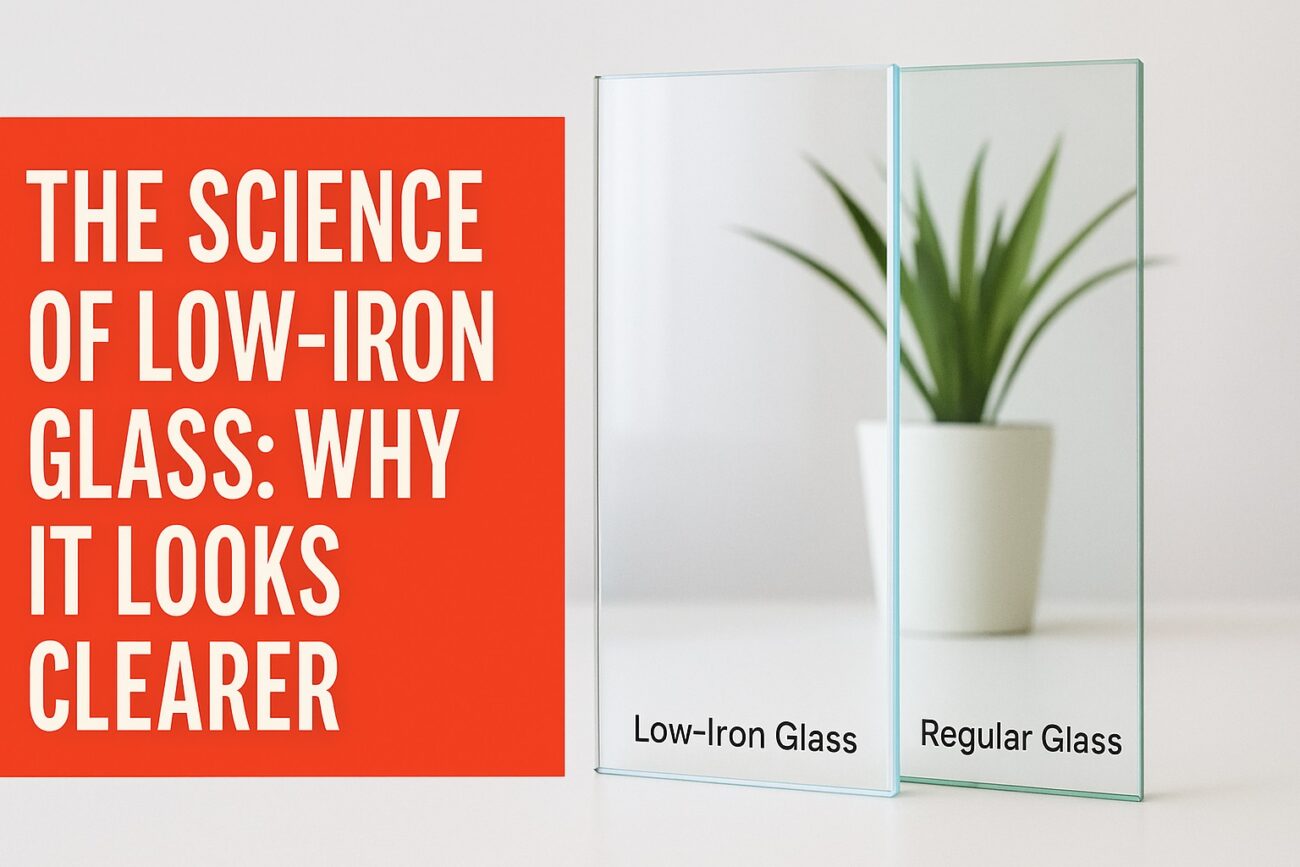
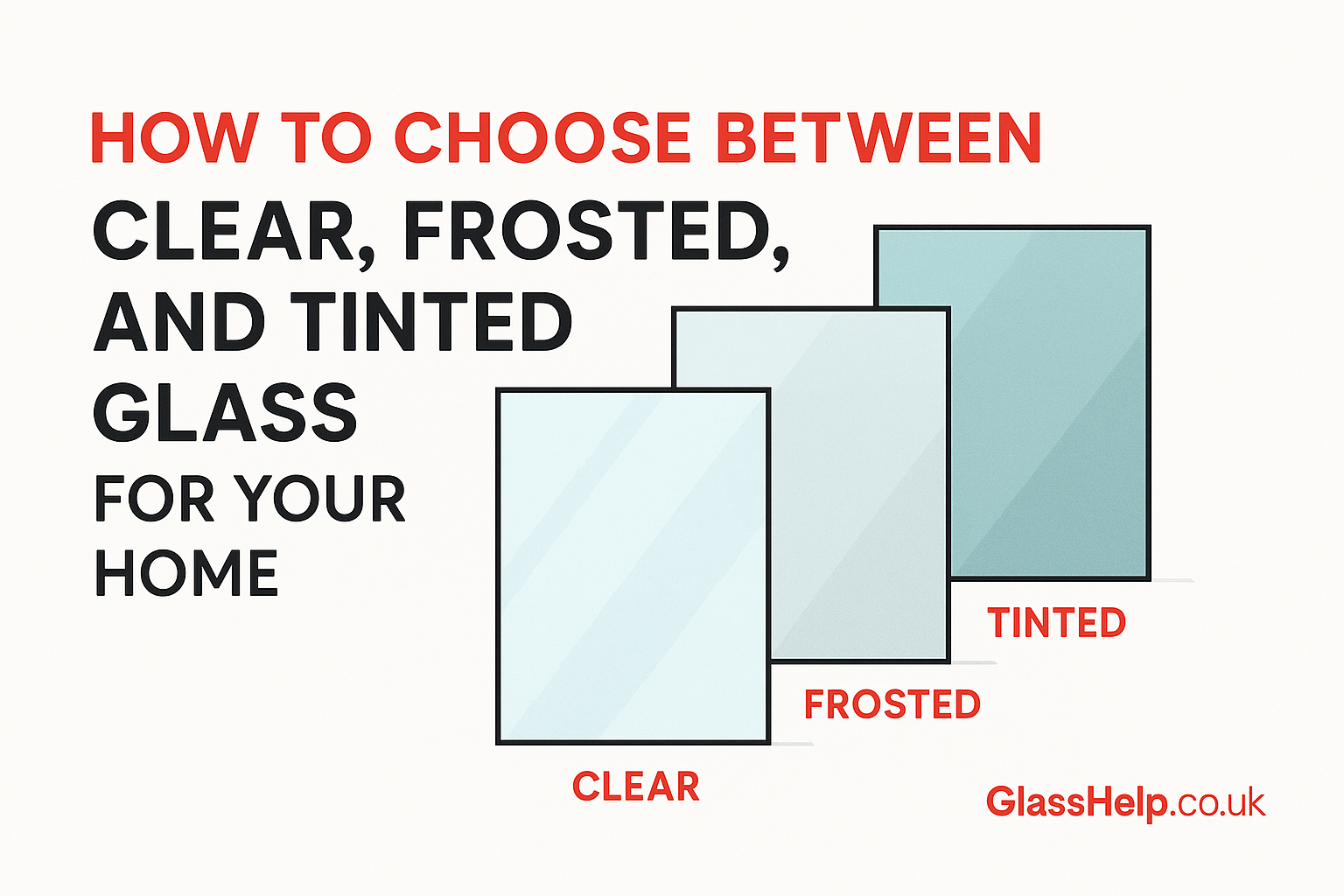
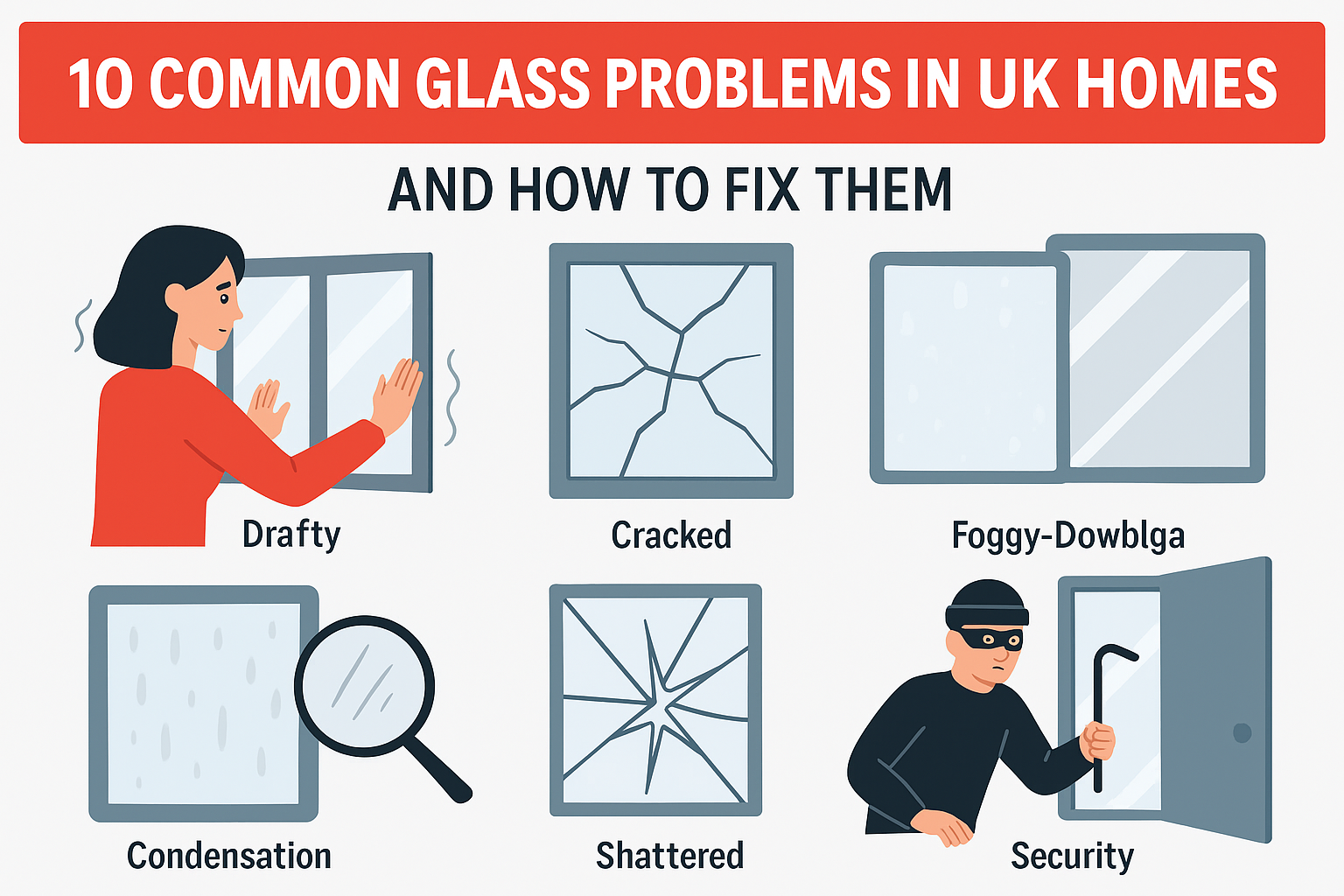

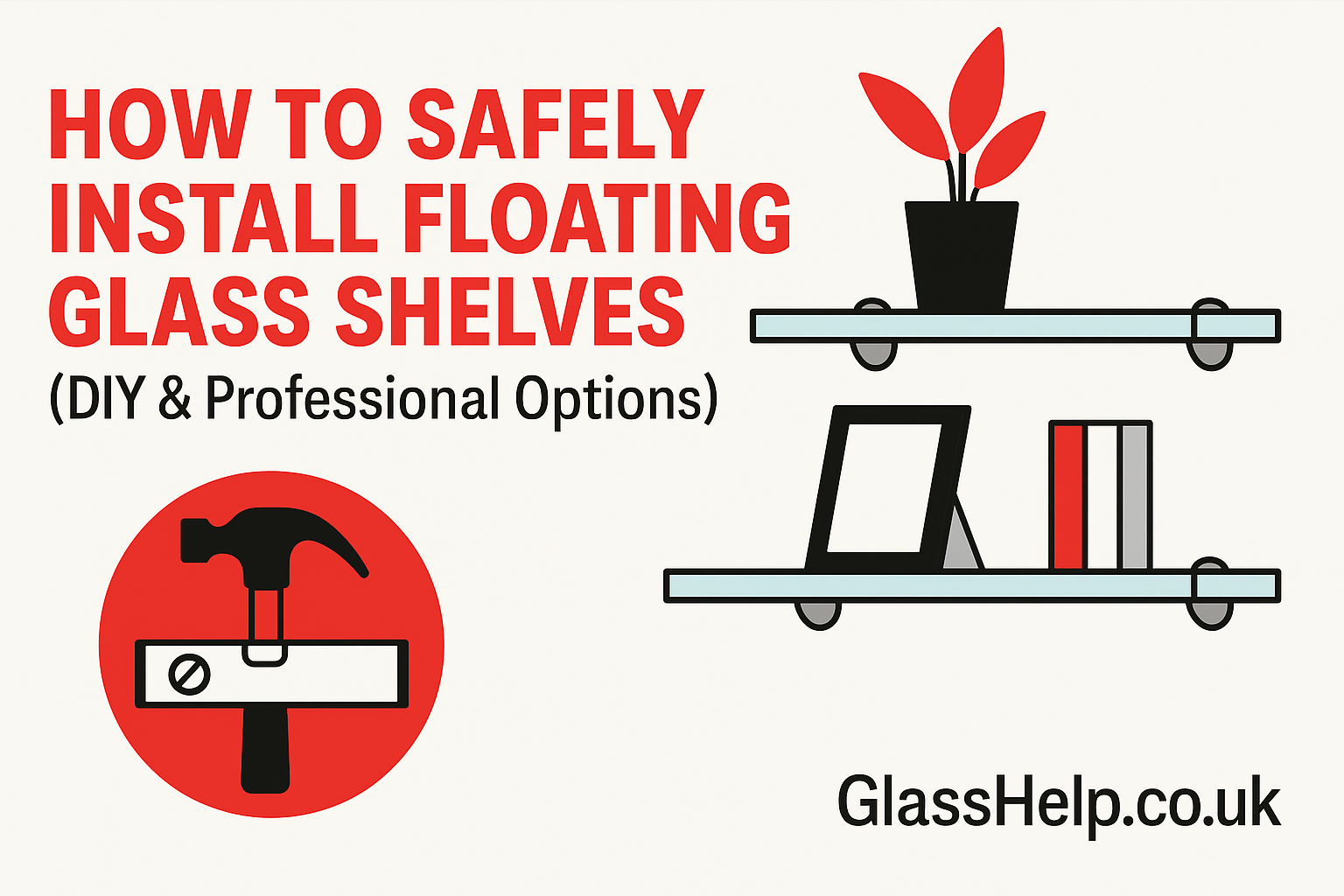
Leave a comment